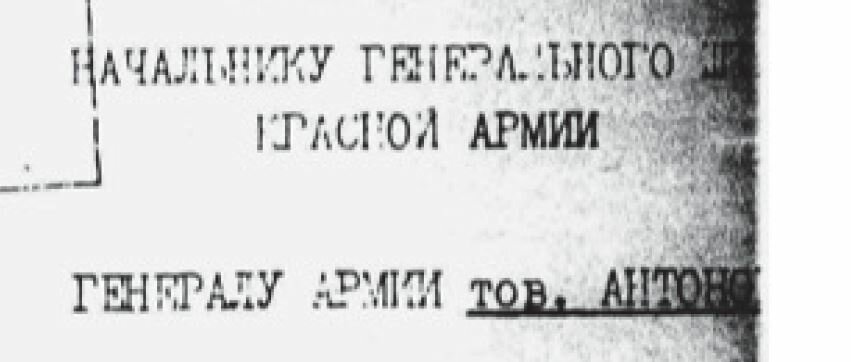In all honesty, I've always tried to steer away from certain topics and even whole sections of this site because I feel like those corners are inhabited by a very "special" kind of users.
And by "special" I mean it in a general spectrum that spaces from the delusional, to the asperger-ish (with all due respect to people that have Asperger), to the personal pet peeves-oriented ones, in a way that they usally contribute nothing much besides the waste of storage space.
These people are luckily less than a dozen and easily ignored since, much like trolls are usally depicted as living under bridges, they, as well, flock towards certain threads and topics and gravitate generally there.
After viewing many discussions about these same issues in the past on the site and, also as a personal preference due to my own character and experiences in life, I came to the conclusion that engaging with these people is a fruitless waste of energy and time.
They cannot be reasoned with, because, much like it happens with religious dogma, only these people know the "truth".
No matter if researchers, engineers, rocket scientists and actual experts try to discuss with them or offer them the proofs that they're wrong, the world can only be black or white for them, so if you're not on their side, you're against them.
It's like terrorism, but with idiocy. Hopefully it does less victims than the former, but after what's been happening with Covid, I'm not much sure about it anymore.
The point is, that thread was full of BS and a waste of time. It's not the only such thread, and there will probably many more threads like that in the future.
For my own sanity I will keep to ignore them as they come.
What leaves me perplexed though, is what the point of this actual thread is.
Why making a poll about locking a thread or not? Rather, I could understand the logic behind this move if the poll was reserved to moderators only and away from public eyes, but not like this.
If something is stupid, or BS, or disinformation, or a fraud it should not be left to the general users to determine if it's worthy to continue to peddle in it or not.
It seems more like a way to waive responsability than anything else.
That topic had run its course, went off road another couple of miles and then some more.
Had more people voted for keeping it open, would it have been the wisest choice to follow the will of the majority?
If the majority of userse were dumb, would it have been the right call to make them choose what to do?
It's not a matter of democracy. Facts and science are not opinions, they can be verified and if someone is entertaining a stupid idea or is maliciously feeding disinformation they should not be left to do as they please.
And this is not a matter that should be left up to the single users to rectify or justify each time something like this happens.
I know it's a PITA but this is something that you Paul, as owner of the site, and together with the mods, should be taking a stance on.
Either this site has rules like "Posts on UFOs, Nazi wunderwaffen/flying saucers, conspiracy theories, alien crashes, moon landing denials and the like are specifically discouraged and would be better posted elsewhere" and these rules are enforced, or they are not, and this is free real estate where everything is up grabs.
I'm sorry if I sound like an ass, but it's quite discouraging to see this sort of problem periodically resurface every month or so.

